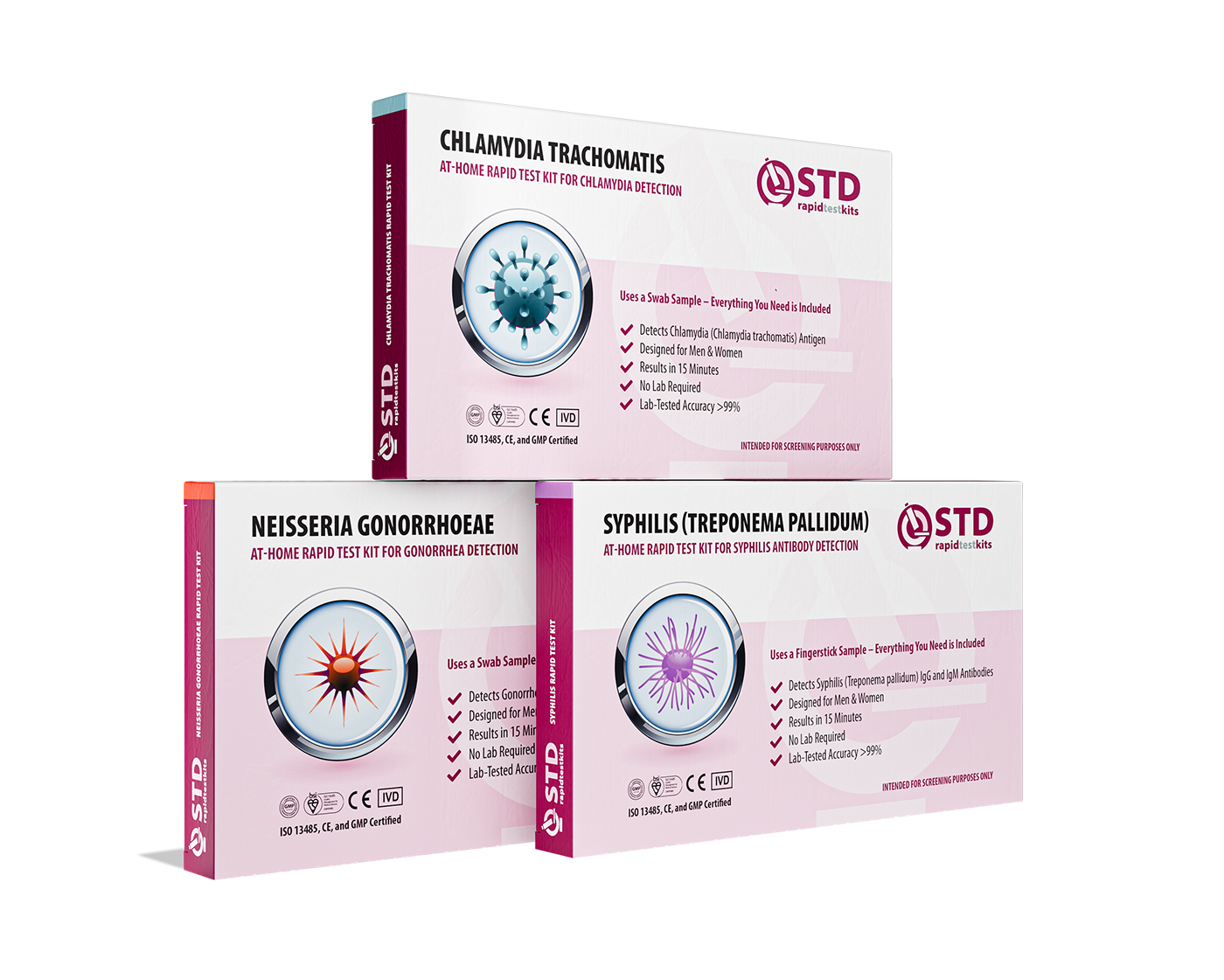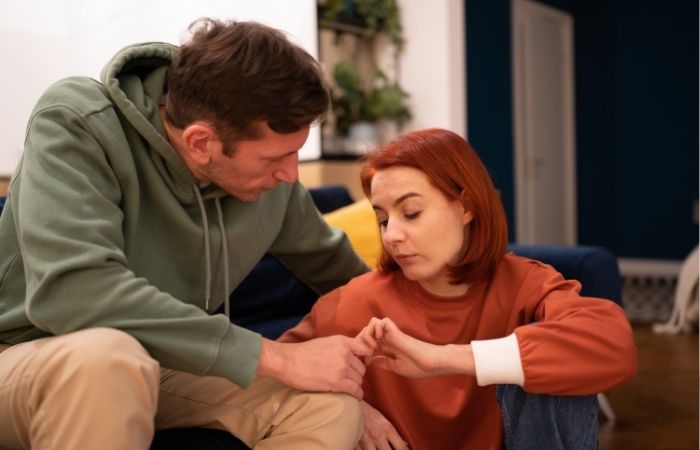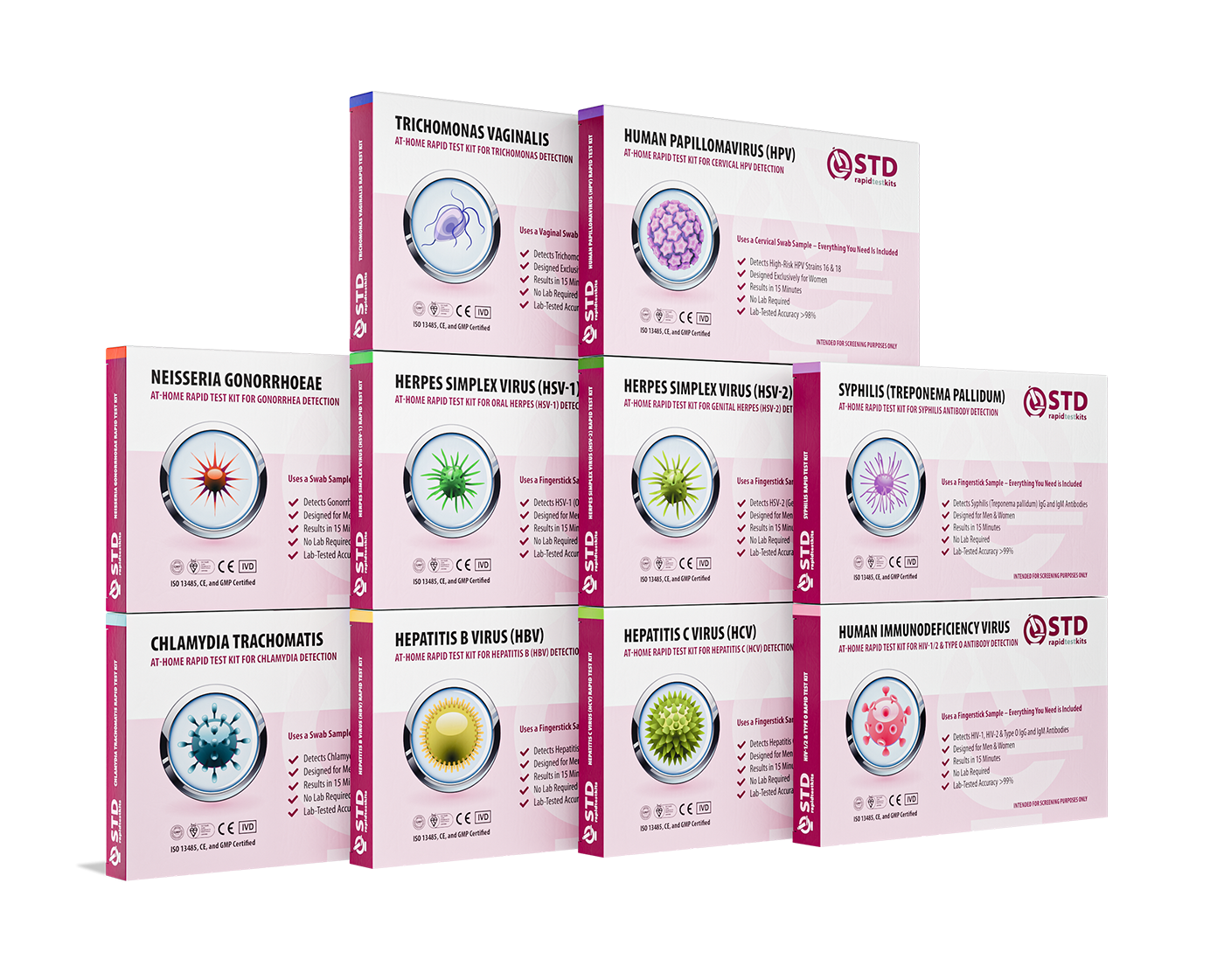Quick Answer: Yes, in most cases you should disclose an STD to a travel hookup, both as a matter of ethics and, in some countries, legal obligation. Laws vary, but honesty and harm-reduction protect you and your partners.
Case Study: “We Were in Bali, and I Froze”
Kira, 31, was on a solo trip in Bali when she met someone at a beach bar. “We were kissing on the sand, and then I realized we might go further,” she recalls. “I have Herpes, and suddenly I panicked. Do I tell him? Will he think I’m disgusting? What if word spreads around the hostel?”
“I ended up saying nothing, and I’ve regretted it ever since. I didn’t want to hurt him, but I was scared of being judged.”

People are also reading: When Pleasure Meets Risk: How Hepatitis Spreads Without Penetration
Legal Duties: They Aren't the Same in Every Place
Some countries have laws that require people to tell others about their STDs. For instance, Canada and some U.S. states require people to tell their partners about their HIV status before having sex, even if they use protection. Not telling someone about some STDs in Australia can lead to criminal charges. In some places, the law doesn't say anything about disclosure, so it's more of a moral than a legal duty.
It's a good idea to look up the laws about STDs in each country before you go, especially if you're going to one with stricter rules. Embassies, public health agencies, and groups like the CDC and WHO are all good places to get up-to-date legal information.
The Gray Area Between Ethics and Law
Even in countries without legal mandates, the ethics of disclosure remain strong. Not telling a partner can result in unintended harm, physically, emotionally, and even socially if they feel betrayed. Conversely, some travelers fear disclosure might put them in danger in places with high stigma or discriminatory attitudes toward certain STDs.
The balance? Put safety and health first for both sides, but look around you. In places where telling the truth could put you in danger of violence, harm-reduction strategies like always using barriers may be the safest first step until trust is built.
When to Talk
One of the hardest parts of a travel hookup is figuring out when to tell someone. Here are three ways to plan your timing:
- Before any sexual activity: This is great for trust and consent, but it can be scary when things move quickly.
- When things start to get heated, you can stop and say, "I need to tell you something important for both of our health."
- Before the meeting, talk online or on the phone: Works well for dating apps when you're away from home, taking the pressure off of meeting in person.
Whichever approach you choose, be direct and clear. Ambiguity helps no one when sexual health is on the line.
Check Your STD Status in Minutes
Test at Home with Remedium3-in-1 STD Test Kit

 For Men & Women
For Men & Women Results in Minutes
Results in Minutes No Lab Needed
No Lab Needed Private & Discreet
Private & DiscreetOrder Now $69.00 $147.00
For all 3 tests
Sample Disclosure Lines That Work
Many people avoid disclosure because they “don’t know how to say it.” Here are some tested, non-accusatory examples:
- “Before we go further, I want to let you know I have [STD]. I manage it, and we can still be safe, but I think you deserve to know.”
- “I’m into this, but I have an STD. I’m happy to talk about what that means and how we can still enjoy ourselves safely.”
- “I want us both to feel good about this. I have [STD], and I take precautions to protect my partners. Here’s what that looks like…”
Notice these lines keep the tone sex-positive while making space for informed consent.
Different Cultures Handle STD Disclosure Differently.
Not all places talk about sexual health in the same way. There is less stigma and more openness about STDs in some European countries, which makes it less risky to talk about them. Sexual health is still a taboo subject in many parts of Asia, Africa, and the Middle East, especially outside of marriage. This can make it much harder to talk about.
Knowing how people from other cultures feel about things before you go can help you decide how, when, and even if you should tell them. You might also have to deal with language barriers. Having the name of your condition and some basic information about it translated into the local language can help avoid confusion.
How to Deal with Stigma in Short-Term Relationships
Stigma can be a big deal when you hook up quickly, especially if you're in a foreign country where you don't have the safety net of friends or familiar places. People often worry about being judged, gossiped about, or turned down, especially in small backpacker or expat groups.
One way to do this is to talk about safety for both of you instead of labels. You don't have to start with "I have [STD]." Instead, you could say, "I want to make sure we're both safe; here's how I usually do that." This takes the focus off your condition and puts it on shared responsibility.

People are also reading: Can You Really Get Hepatitis From Oral Sex?
Safer Sex Tips For When You Don't Want To Tell Someone
When revealing something could put you in danger, whether from violence, arrest, or severe discrimination, harm reduction becomes the most important thing. This could mean:
- Using condoms or dental dams all the time
- Not doing things that are likely to spread your STD
- Only meeting people when you feel safe in your body
- Bringing your own protection so you don't have to depend on others
These steps don't take the place of honest conversations, but they can lower the risk of transmission until it's safe or possible to talk about it.
Testing For Travel: Before, During, and After
Getting tested before you travel gives you a clear starting point. If you already know you have the disease, now is a good time to talk to a doctor about your current condition and make plans for safe sex. Some travelers also plan to get tested in the middle of their trip, especially if they are having sex with more than one partner while they are away, to catch new infections early.
When you get home, get a full STD test. Be ready to get tested again if you need to. Some infections, like HIV or Hepatitis B, take longer to show up on tests.
Digital Disclosure: Dating Apps in Other Countries
If you use apps like Tinder or Bumble, you can say in your bio or in the first few chats that you're traveling. This can help you get rid of potential partners who aren't comfortable, which will save you from having to deal with awkward or tense situations later.
Some travelers find success by including playful but clear hints in their profiles, such as “sex-positive & safety-minded” or “happy to talk about health before we meet.” This opens the door without leading with fear.
Check Your STD Status in Minutes
Test at Home with Remedium10-in-1 STD Test Kit

 For Women
For Women Results in Minutes
Results in Minutes No Lab Needed
No Lab Needed Private & Discreet
Private & DiscreetOrder Now $189.00 $490.00
For all 10 tests
Why Honesty Is Still the Best Policy
Being honest about your STD status, even if it's hard, is the best way to keep you and your partners safe, especially if the activities you plan could spread it. It can also lead to unexpected connections; many people respect honesty and feel safer with someone who is open about sexual health.
Disclosure isn’t about confessing a crime, it’s about offering your partner the dignity of informed consent, wherever you are in the world.
Case Study: “The Backpacker Who Told Me Everything”
Sam, who is 26, met his hookup at a hostel in Lisbon. She casually told me over drinks that she had HPV and was up to date on all of her check-ups. "It didn't scare me," he says. "It really made me feel better. I trusted her more because she was honest with me. We were safe and still had a great night."
This story shows that being open about things doesn't have to ruin the mood; it can actually bring people closer together and help them respect each other, even in short-term travel relationships.
Myth: "I Don't Need To Tell If It's Just Oral"
This is one of the most common false beliefs about telling someone you have an STD. Oral sex is less likely to spread some infections, but it can still spread others, such as Herpes, Gonorrhea, Syphilis, and Hepatitis B. Your partner has the right to make an informed choice about their body and health, even if you think the risk is low.
Harm reduction doesn’t mean avoiding honesty, it means combining safer practices with transparency.

People are also reading: Why Monogamy Isn’t a Foolproof Shield Against STDs
STD Laws That May Surprise You
Many travelers are shocked to learn that some countries have broad, vague laws that criminalize exposing someone to an STD, even if transmission doesn’t occur. In some cases, you could be prosecuted if your partner later claims they didn’t know your status, regardless of whether you used protection.
On the other hand, in countries where there aren't any specific laws, a partner can still sue for damages if they can prove harm. This is why it's important to know what your legal duties are before having sex in another country.
Low-Pressure Disclosure Conversation Template
If you're worried about ruining the mood, here's a soft but direct way to do it that works in casual situations:
"Hey, I want to be honest with you before we do anything. I have [STD], but I take care of it and take steps to protect myself. We can still do things safely.Do you want me to tell you what works best?"
This statement is polite, gives your partner power, and lets them ask questions. It also makes it clear that you are knowledgeable and responsible, not ashamed.
Alcohol and Disclosure: A Dangerous Combination
A lot of travel hookups happen in places where people are drinking at night. This can make it harder to think clearly and have important talks. If you know you'll be in these situations, it helps to practice a line for disclosing or drink less before a possible hookup so you can think clearly.
It’s much harder to communicate your status effectively, or to make sure your partner fully understands, if both of you are intoxicated.
Check Your STD Status in Minutes
Test at Home with Remedium7-in-1 STD Test Kit

 For Men & Women
For Men & Women Results in Minutes
Results in Minutes No Lab Needed
No Lab Needed Private & Discreet
Private & DiscreetOrder Now $129.00 $343.00
For all 7 tests
FAQs
1. Is it against the law for me to tell a travel hookup that I have an STD?
It depends on the STD and the country. Some places have strict rules about what you have to tell people, while others leave it up to your own morals.
2. What if telling the truth could put me in danger?
You come first when it comes to safety. Only tell someone when you are in a safe place and use harm-reduction strategies.
3. Is it safe to have oral sex without telling someone?
Not completely. Oral contact can still spread some STDs, such as herpes, gonorrhea, and hepatitis B.
4. Will I go to jail if I don't say anything?
Yes, in some places, especially for some STDs like HIV. Before you leave, make sure you know the laws in the area.
5. How do I tell someone I have an STD without ruining the mood?
Stay calm, clear, and polite. Keep the tone positive about sex and make sure everyone is safe.
6. Should I tell someone even if it's just for one night?
Yes, if the things you plan to do can spread your STD.
7. What if I only found out after the trip?
If you can, let your partner(s) know so they can get tested. Many health organizations offer services that let you report things without giving your name.
8. Can alcohol make disclosure harder?
Absolutely. It can impair your judgment and your ability to communicate clearly.
9. Are there cultural differences in disclosure?
Yes. In some countries, sexual health is openly discussed, while in others it is highly taboo.
10. Can being honest make a casual hookup better?
Yes, a lot of the time. A lot of partners value honesty and feel safer with someone who is open about their feelings.
Final Thoughts: Be Honest, Safe, and Respectful of Yourself
If you're going on a trip for work, fun, or a long-overdue vacation, you might meet someone and have a spontaneous hookup. But if you have an STD, whether or not to tell someone is a matter of ethics, safety, and the law in your area.
Be honest when you can. If disclosure isn't safe, do everything you can to reduce harm. Above all, remember that your worth is not based on whether or not you have an STD. It is based on how you treat yourself and others.
If you want to feel better before your trip, think about using a home testing kit. STD Rapid Test Kits ships discreetly all over the world, so no matter where you go, you can find out your status and protect your partners.
Sources
1. CDC – STD Risks for Travelers
2. WHO – Sexually Transmitted Infections Fact Shee
3. Clinical Infectious Diseases – Sexually Transmitted Infections in Travelers
4. Sexually Transmitted Infections Journal – Disclosure Barriers










